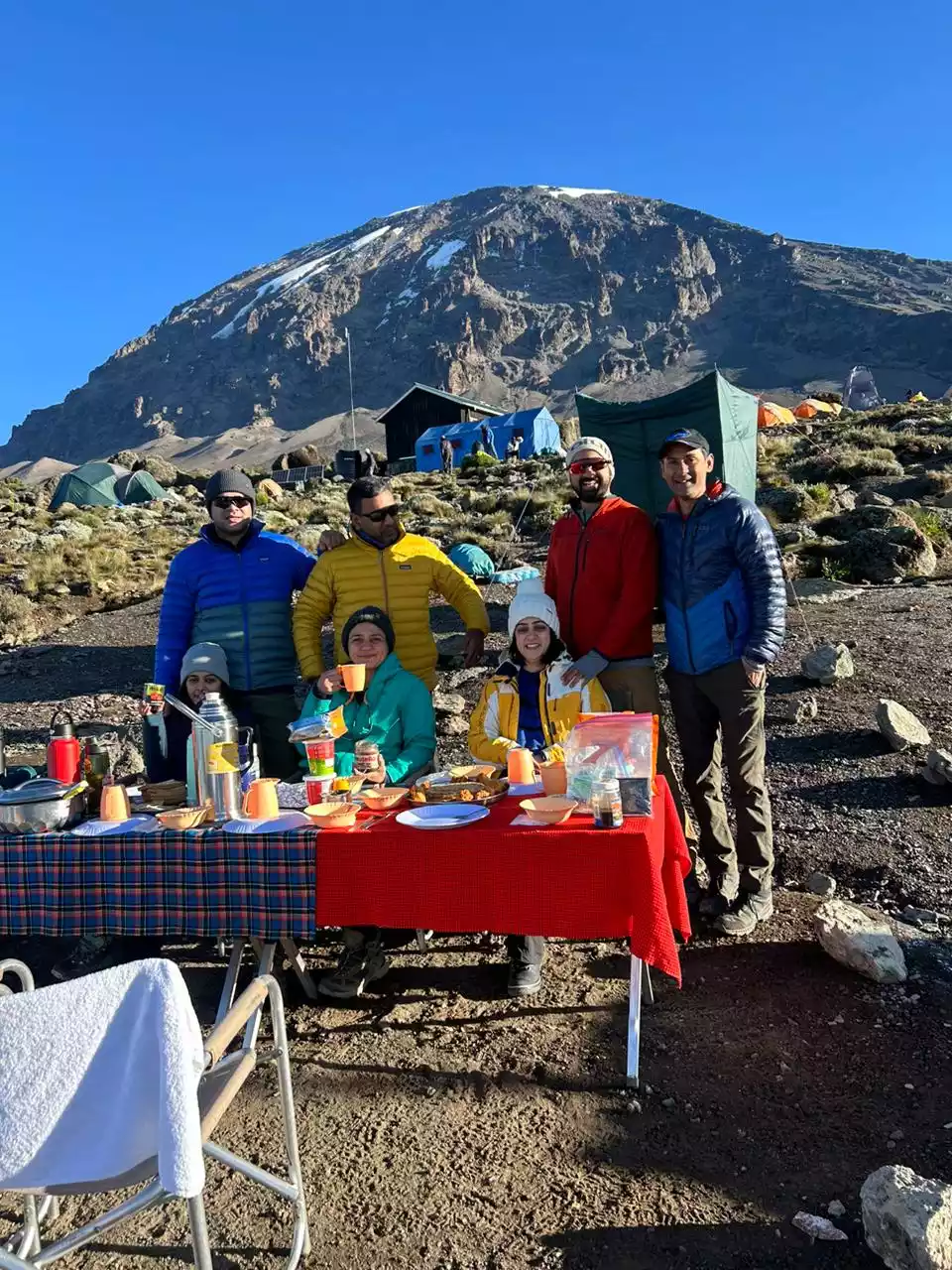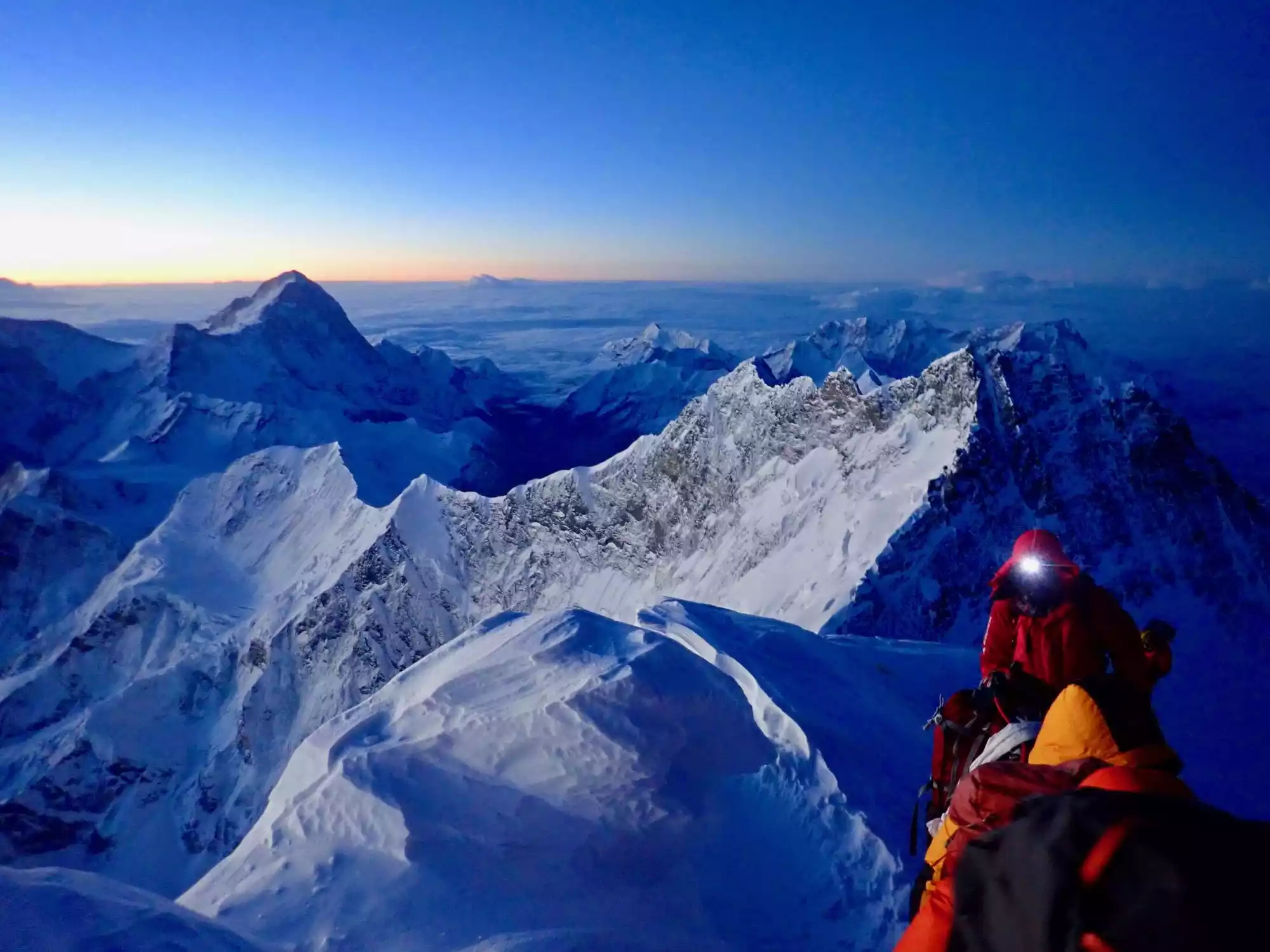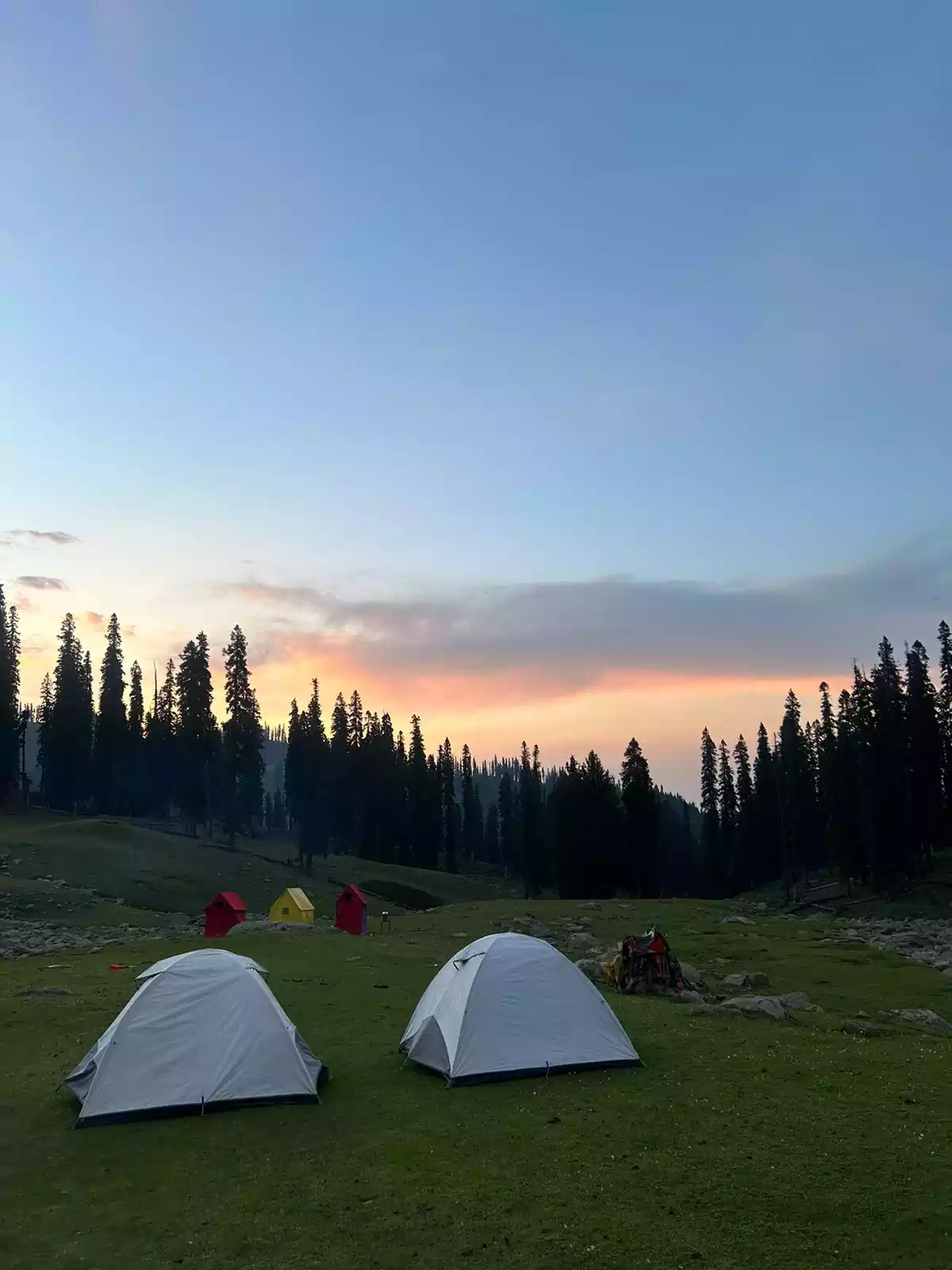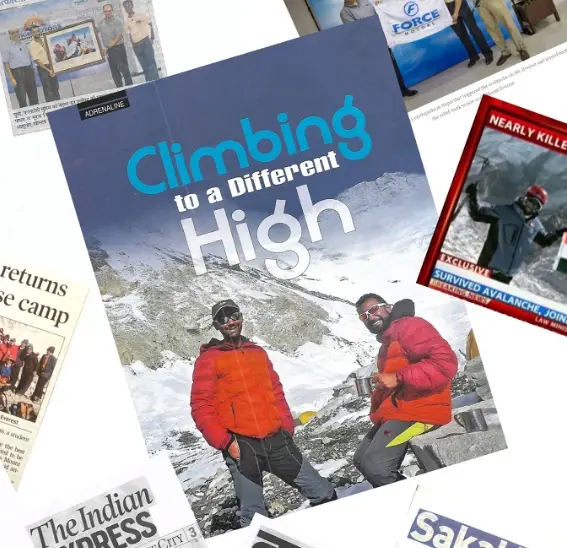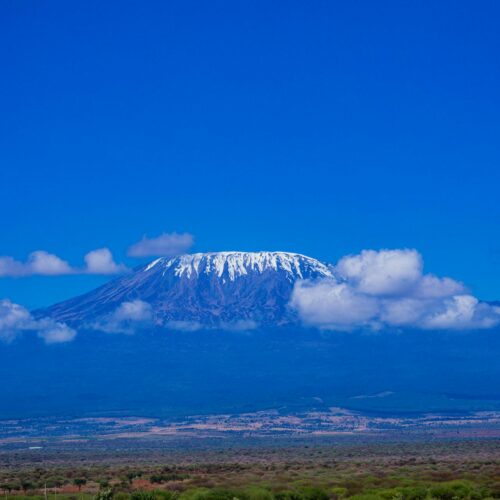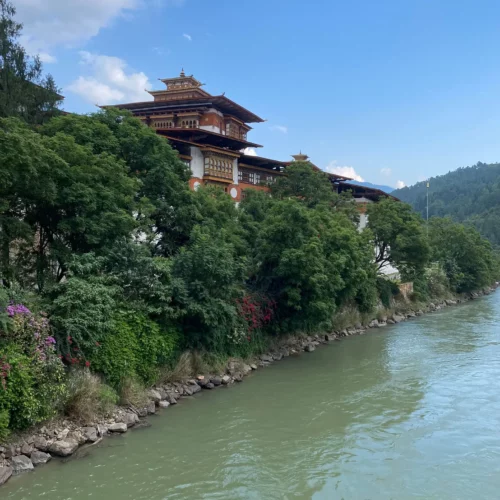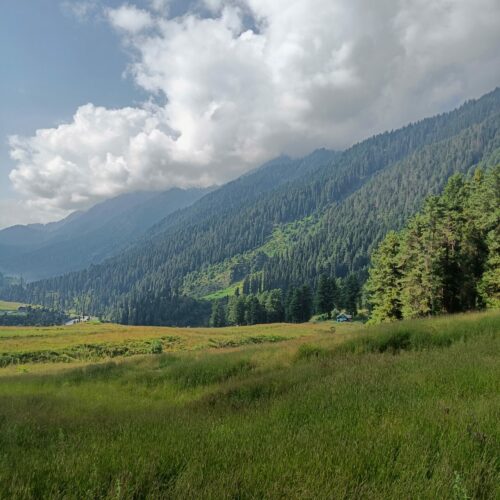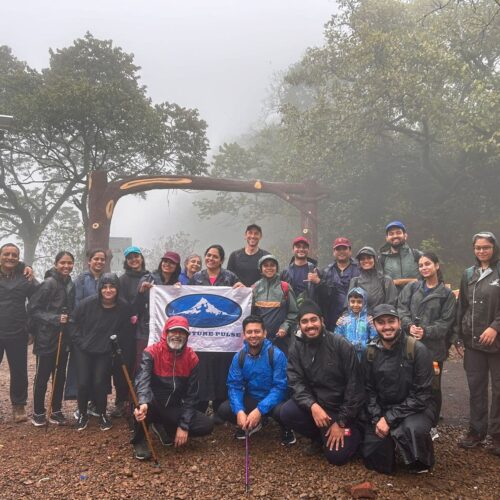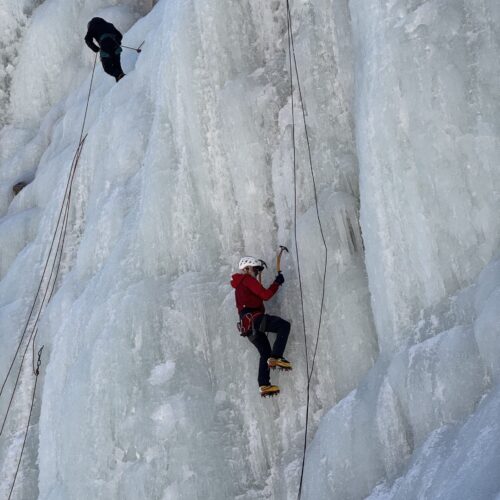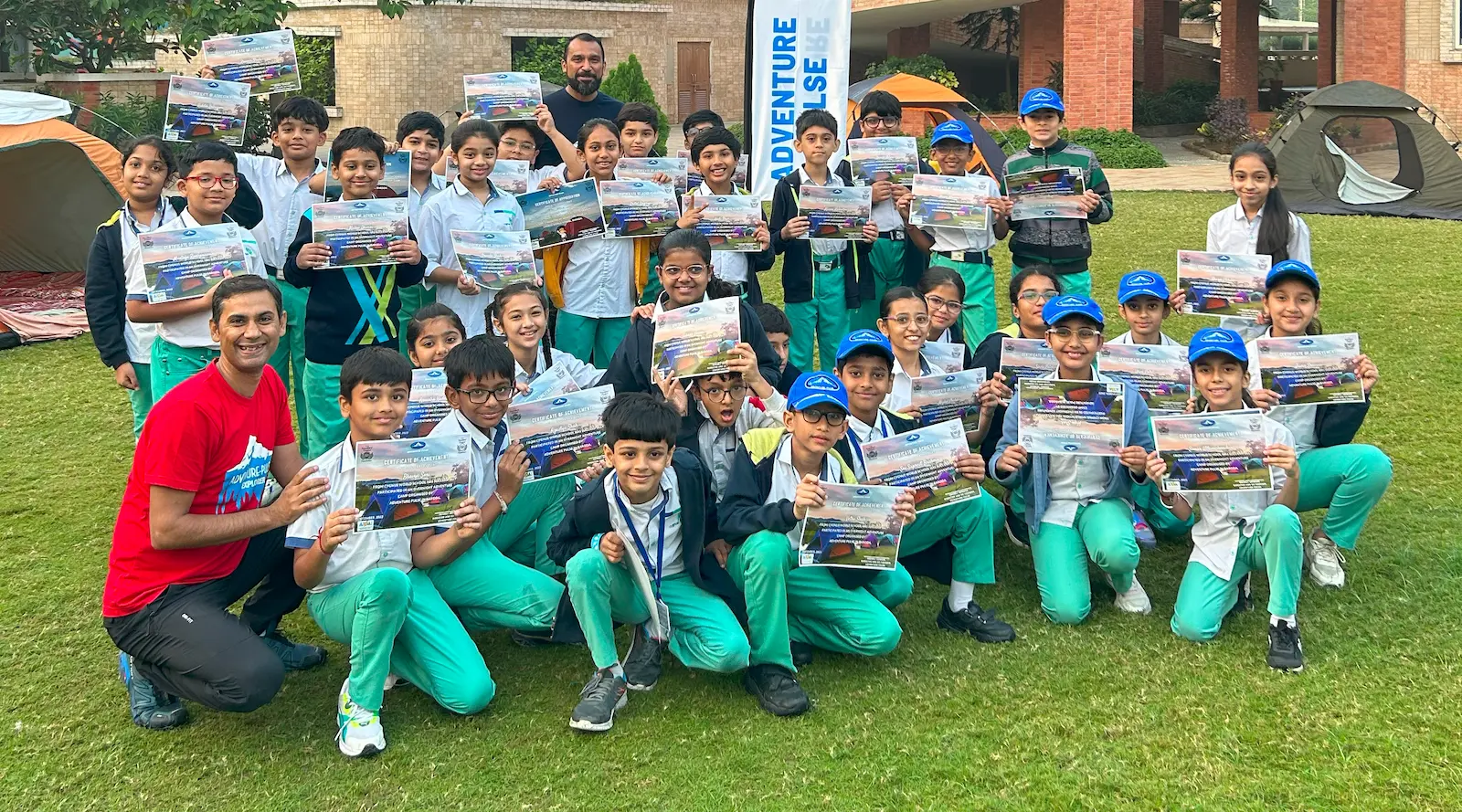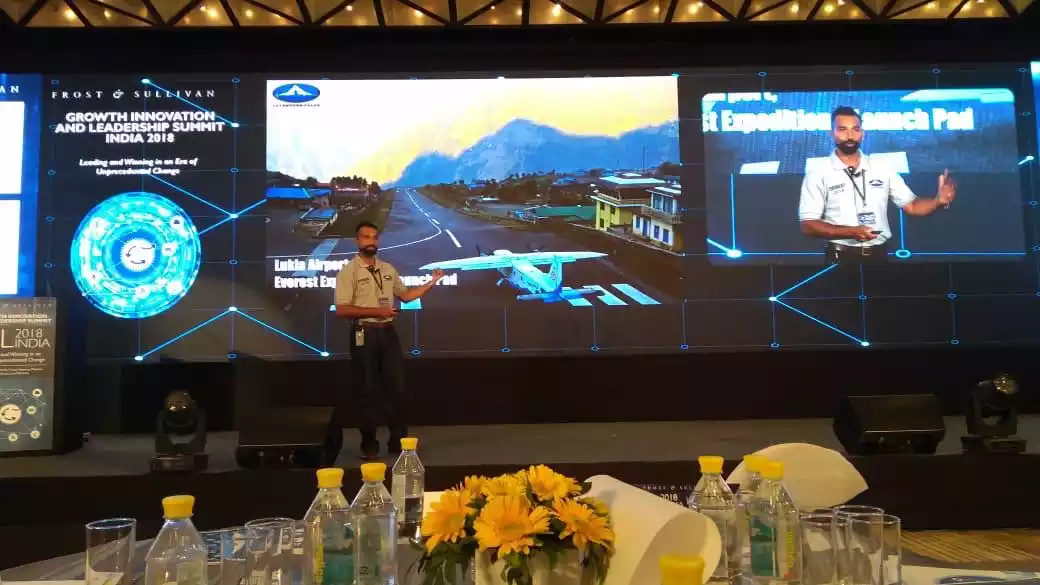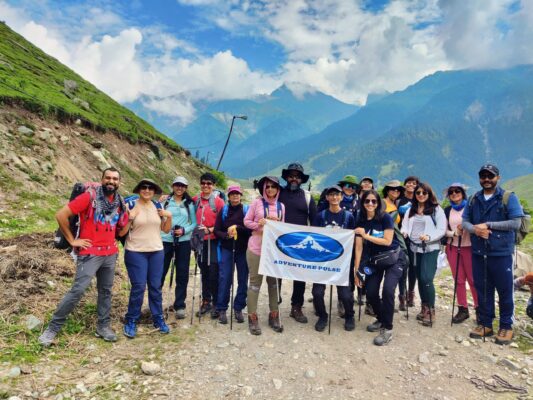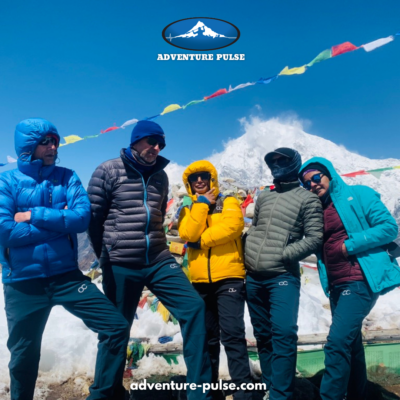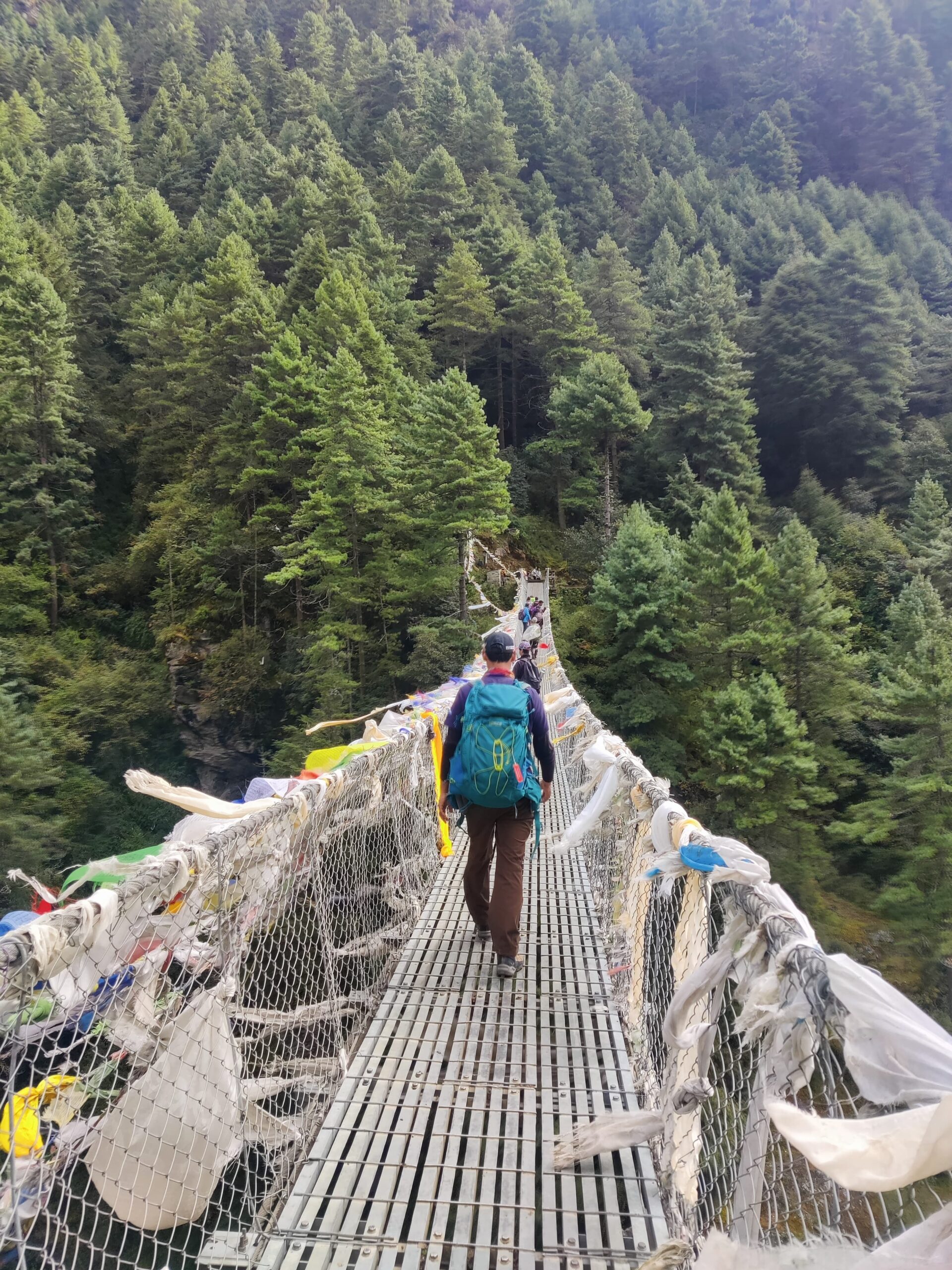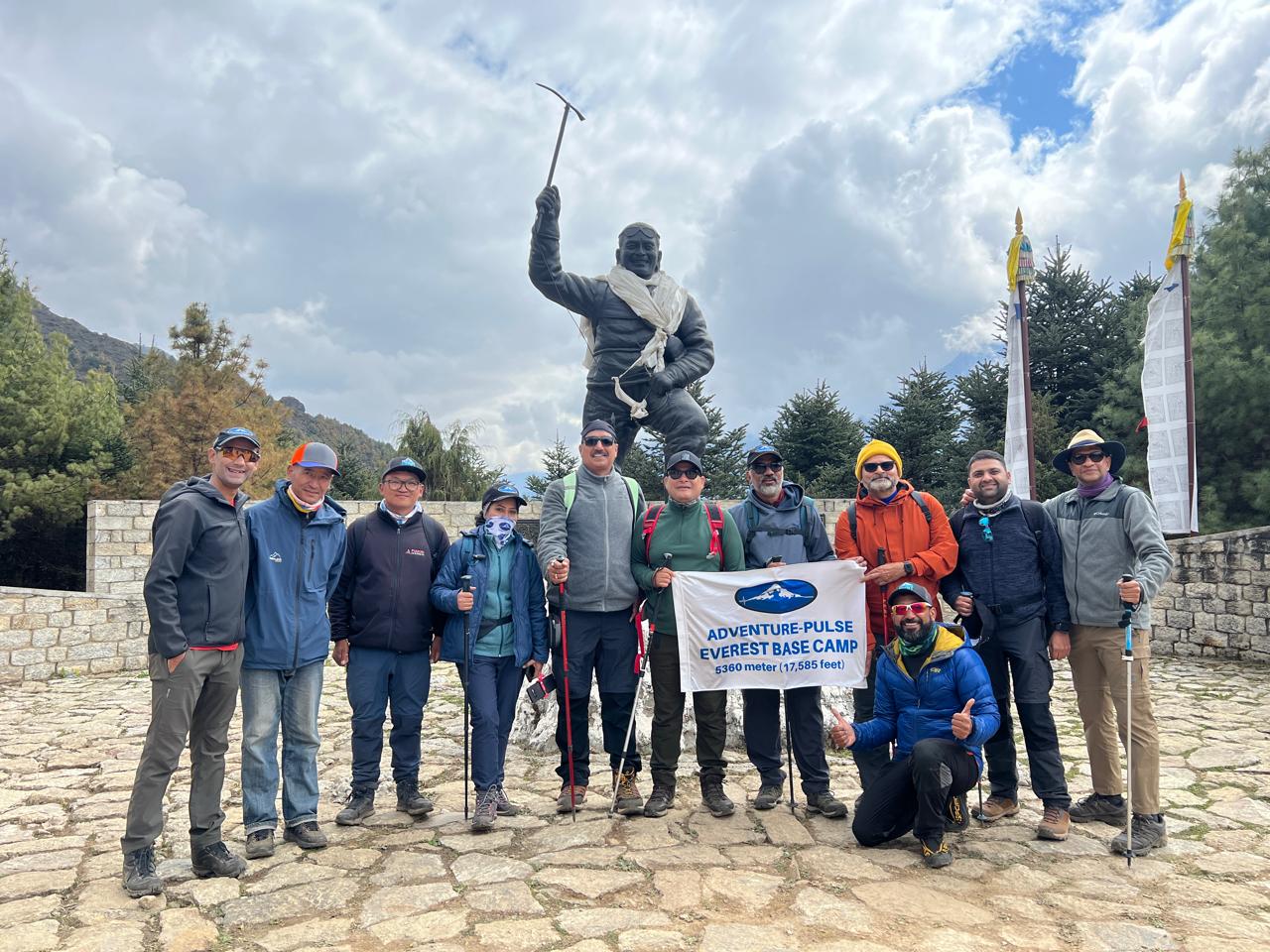
While the craze for the outdoors has increased, it is heartening to see the love for outdoors spread among people. However, this comes with its disadvantages too! A lot of trails have become home to plastic and other non-biodegradable waste, posing major concerns. Thus, it has become important speak about and practice the idea of sustainable trekking.
A sustainable trekker is one who works on preserving ecosystems with the resources that they have. By Sustainable we mean the three pillars of sustainability, that are Social Equity, Environmental Protection and Economic Growth.
Plastic, we share a love hate relationship with this remarkable material. Nothing is as durable, versatile, food safe and cheap to produce than these long chains polymers of carbon. Over the years, this material has come back to haunt our dreams with unfathomable mountains of litter in the cities, oceans and the mountains. It has occupied every inch of this globe. On our treks, it is no secret that we use plastic, whether to pack food or in the form of wet wipes. We do produce a lot of waste, as a business and consumer. This article is for anyone looking to reduce the waste produced especially on treks in the high mountains of the world. It is never too late to trek and live consciously.
To quote one of the pioneers of the Zero-waste, ‘Anne-Marie Bonneau’ (https://zerowastechef.com/) , “We don’t need a handful of people doing zero waste perfectly. We need millions of people doing it imperfectly.”
Here are 15 tips you can use to be a mindful trekker.
-
Start by being more aware of the waste you create.
The first step to being more mindful is to take stock of the amount of waste an individual produce. This is not to make you feel guilty about yourself, but to establish a starting point or baseline.
-
Avoid buying products with unnecessary packaging.
Most products, especially bought online, have a breathtaking amount of unnecessary packaging. Thin low-quality plastics are the hardest to recycle. Your plastic shampoo bottles have a higher chance of getting recycled.
-
Take your own bag when you go shopping.
It is tempting to carry around the Columbia packet you get after purchasing your first pair of trekking shoes, by carrying your own bag, you can help offset a small amount of trash produced by refusing a packet (even if it’s made of paper).
-
On a trek, avoid carrying wet wipes
Contrary to popular belief, wet wipes are not biodegradable. They are made of a polyester that resembles tissue and is what ensures that they stay ‘wet’ for longer. Additionally, when you dispose of them in traditional loos used on treks (burial), they become impossible to take back and contaminate the soil for a long time. If you absolutely need to use wet wipes, you’re better off buying biodegradable ones.
-
Choose dry fruits and Jaggery as opposed to regular chocolates.
Packing sweets and chocolates is important on any trek. They provide a quick ‘pick me up’ and the sugar helps take away some of the fatigue. Choosing snacks like dry fruits and jaggery that comes in big packets, thus reducing the amount of packaging can help reduce your impact. Not only are nuts slow-release carbs, but they are also filled with proteins that help with muscle recovery. Bite-sized jaggery bits can help provide an instant pick up.
-
Leave only footprints behind
While on a trek, you want to leave nothing behind, trash must be cleared before you wrap a campsite. On Adventure-Pulse treks, we conduct a camp clean up after wrapping up each campsite. Creating a moving human chain ensures that nothing gets missed.
-
Construct loos away from water sources
Camping loos and pits must be placed/dug away from flowing water as human excrement can seep into the soil and contaminate water sources.
-
Carry a waste bag with you on a trek
Carrying a designated waste bag or packet which can be used to collect all the plastic and paper used on the trail can help reduce the amount of litter.
-
Pick up some of the trash on the trail
It is true on most trails, there are people who litter, asking them to pick their trash up is the first step. If you see a wrapper, picking it up and taking it back with you can help ensure that trail remains clean.
-
Supporting the locals
By supporting the locals, we can help the local communities to take care of the mountains which is there home. We at Adventure-Pulse have long term contracts with our local guides, this ensures that they have a stable income and can move towards more sustainable sources of income as opposed to jobs which destroy the environment. By providing higher than average salaries, we try to encourage the local communities to take care of the mountains.
-
Spread the word.
Talking to your friends and family, encouraging them to be more mindful of the impact they have on the ecosystem can add him to create long term positive change.
-
Stick to the trails
Though it is tempting to wander off the trekking trails and stray into the unknown, this can damage the sensitive ecosystems and grasslands that the wildlife depends on.
-
Avoid playing loud music.
Sound travels extremely far in the mountains, blasting loud music can negatively impact the ecosystem. Additionally, it may annoy other trekkers on the trail.
-
Being kinder and more empathetic to others
Kindness and empathy are the best way to create a positive environment. A positive environment can help in making the treks a happier and more inclusive place. Shaming and gatekeeping can be detrimental to the trekking community.
-
Choose organizations that employ sustainable practices.
By buying trekking apparel from reputed sustainable brands such as Patagonia forces the brands to move towards more sustainable practices. Choosing a trekking company that actively works on promoting sustainable practices in the mountains is the way to go.
We at Adventure-Pulse work closely with our local guides to preserve the ecosystems. By providing a dependable source of income we ensure that there is no compromise in preserving the mountains we love. If you need more information on the work we do, please feel free to reach out to us and we’d be more than happy to explain our practices.

